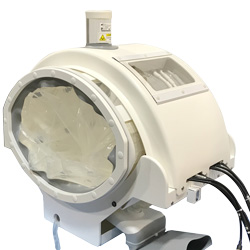BSD‑2000 3D
Deep Regional Hyperthermia
Deep Regional system using an annular phased array configuration to shape and focus thermal energy on targeted treatment using Sigma Eye Wave Guide.
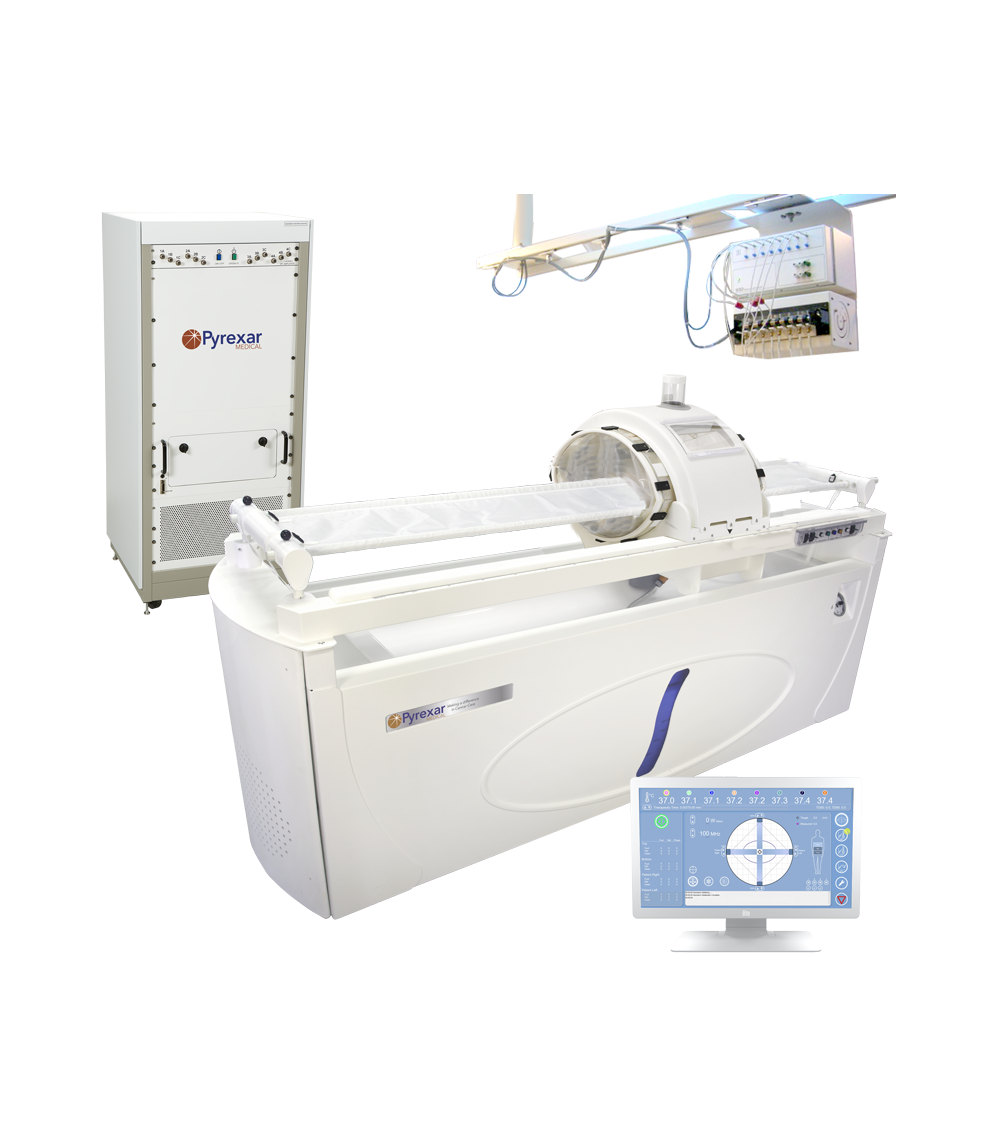
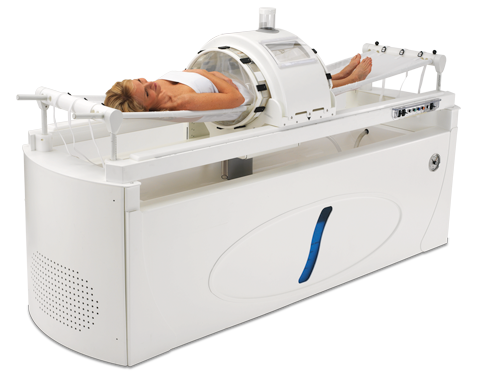
- Clinically Proven in Phase III studies
- Industry Leader in Hyperthermia
- Not for Sale in the US
Clinical Evidence
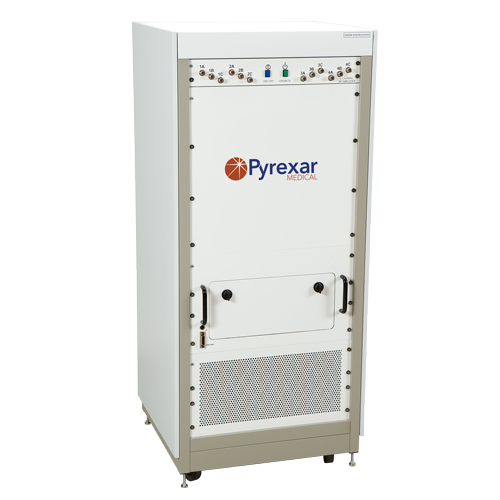
75–120 MHz Twelve Channel 1800W solid-state amplifier, independent phase and amplitude adjustment capability. Maximum power output up to 135 watts per channel.
Focused Power
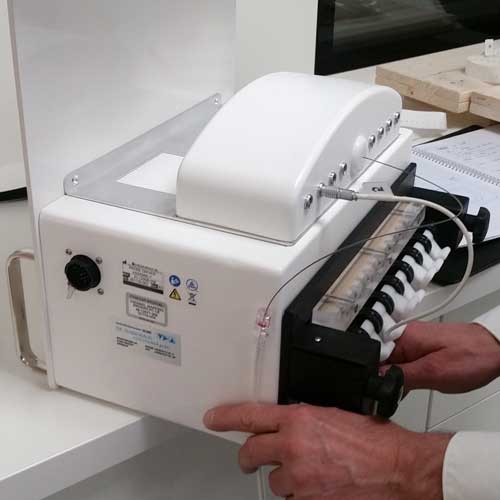
Track up to 8 independent temperature probes for accurate thermal dosing. Motorized system allows for superior zone mapping. An integrated thermal well ensures easy and accurate temperature calibration of the temperature probes.
Thermal Monitoring
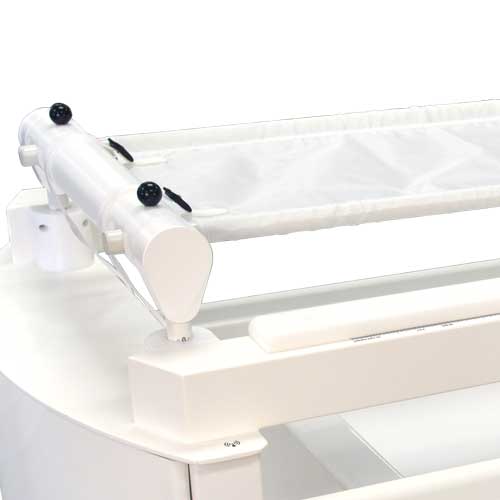
Hydraulic patient sling allows for the centering of the patient in the applicator.
Positioning and Adjustment
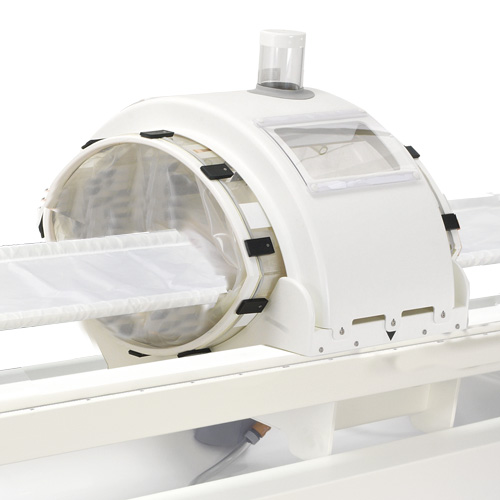
The Sigma Eye is an annular phased array applicator with 24 radiating dipoles, and a bolus membrane. The treatment zone in Sigma Eye can be moved electronically in the X, Y and Z axis.
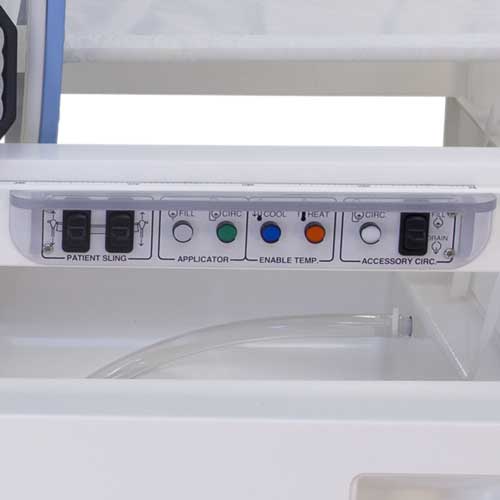
Easy to use controls for patient positioning and bolus water fill/circulation
Ease of Use
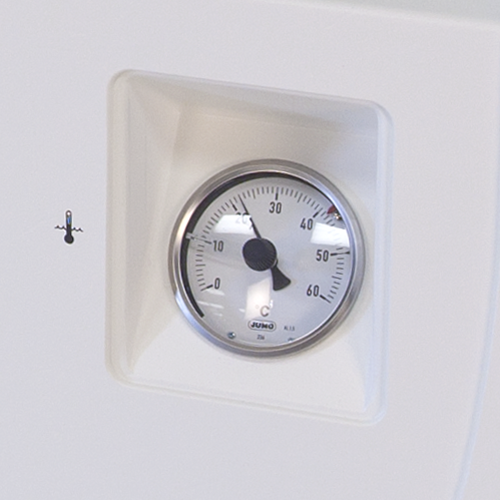
Provides constant volume water supply to the Applicator Bolus with temperature range of 5 ̊C to 45 ̊C.
Patient Comfort
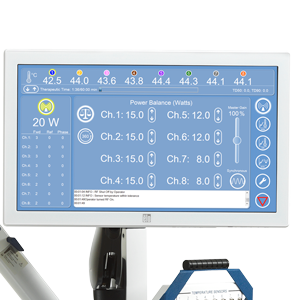
High resolution monitor providing easy access to user control systems for improved patient monitoring and system control.
Ease of Operation
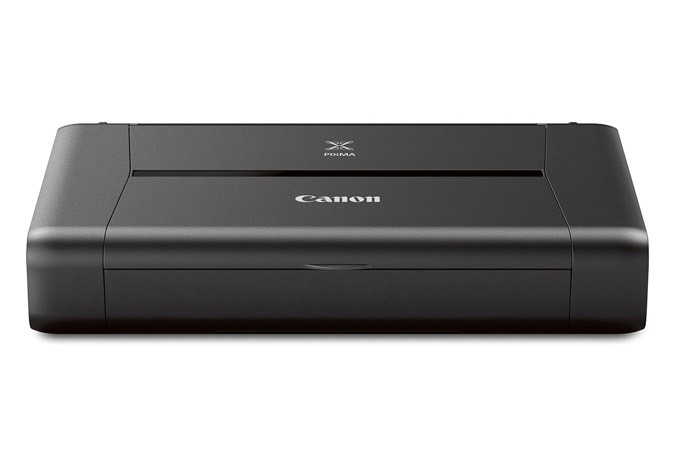
The BSD‑2000 computer system includes a wireless printer, keyboard/mouse, and USB ports for the offloading of patient records. (model subject to change)

Three-Dimensional Hyperthermia Permits High Precision and Best Possible Results
The BSD‑2000/3D provides targeted deep regional therapeutic hyperthermia to solid tumors by applying radiofrequency (RF) energy. The BSD‑2000/3D delivers energy to a patient using a power source and an array of multiple antennae that surround the patient’s body. The twenty-four dipole antennas of the Sigma Eye maximize the 3D energy convergence at the targeted treatment location.
The BSD‑2000/3D was designed to provide an optimized heating zone targeted to the tumor region by utilizing the adjustment of frequency, phase, and amplitude from multiple power sources. Dynamic 3D control and steering of the heating pattern size, shape, depth and position provides optimized heating since the electromagnetic energy can be targeted specifically at the tumor region. The focus is not fixed at the center of the applicator, providing the system operator with significantly more freedom in positioning the applicator's heating region. The BSD‑2000/3D hyperthermia system is designed particularly for treating tumors in hard-to-reach locations. This model is currently sold outside of the U.S.
How is 3D Hyperthermia Applied?
The targeted treatment area of the patient's body is enclosed by an eye-shaped applicator. Phase and amplitude steering is utilized to create the heating focus within the applicator. The 3D technology utilizes 24 dipole antennas of the Sigma Eye driven by 12 RF power channels to optimize the targeted heating. The 24 dipoles are arranged in three rings of eight antennas each. By varying the phase and amplitude of each of the 12 input channels, the operator can enhance the heating in the tumor and reduce the heating in non-target tissues.
Details
Sigma Eye
Annular Phase Array
